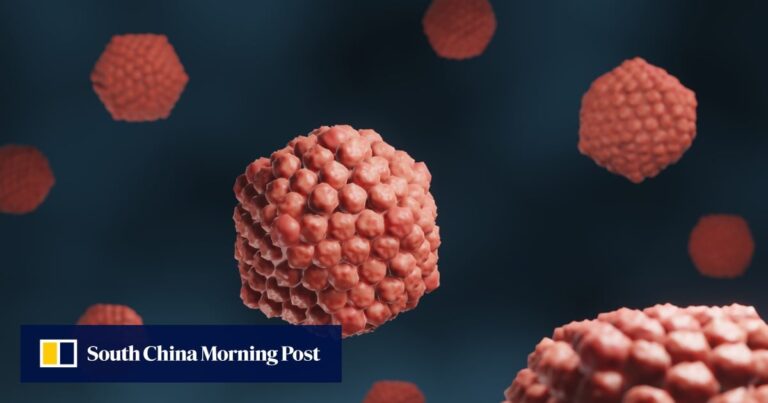An international group of biologists may have discovered a gene that explains why the brain is protected from herpes viruses.
According to the World Health Organization, approximately 67% of the world’s population is infected with herpes simplex virus (HSV) type 1.
It primarily attacks nervous tissue but, in rare cases, can reach the central nervous system and cause death.
However, most infected people do not show severe symptoms, and a study led by Cai Yujia of Shanghai Jiao Tong University and Soren Paldan of Aarhus University in Denmark sought to understand why.
Using the gene-editing tool CRISPR, the researchers discovered that a gene called TMEFF1 was key.
The team found that knocking out the gene in human stem cell-derived neurons could significantly increase HSV-1 replication.
The findings were confirmed in mice: when the gene was knocked out, the amount of virus in neurons in the animals’ brains increased significantly.
The findings were published in the peer-reviewed journal Nature on July 24.
Although most HSV infections are asymptomatic or unrecognized, the virus remains a global public health threat. According to the World Health Organization, medications can reduce symptoms but cannot cure the infection.
Recurrent oral and genital herpes outbreaks are distressing for many infected people, but in rare cases the virus can attack the central nervous system and cause a disease called herpes simplex encephalitis, which can be fatal in up to 70 percent of cases.
However, the researchers hope that their discovery can help treat HSV, and have developed a peptide – a miniature version of the TMEFF1 protein – that they say is highly effective in preventing HSV infection.
“This study is the first to report an antiviral factor specific to neurons, providing an entirely new perspective for the study of the brain’s antiviral immune mechanism,” said a Shanghai Jiao Tong University official.
“This discovery enriches our knowledge of the brain’s antiviral mechanisms and provides new scientific basis for the future development of prevention and treatment against HSV,” Zhao Guoping, a member of the Chinese Academy of Sciences and director of the Key Laboratory of Synthetic Biology at Shanghai Jiao Tong University, said in a press release.

